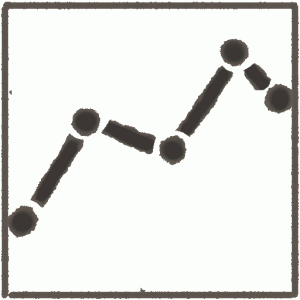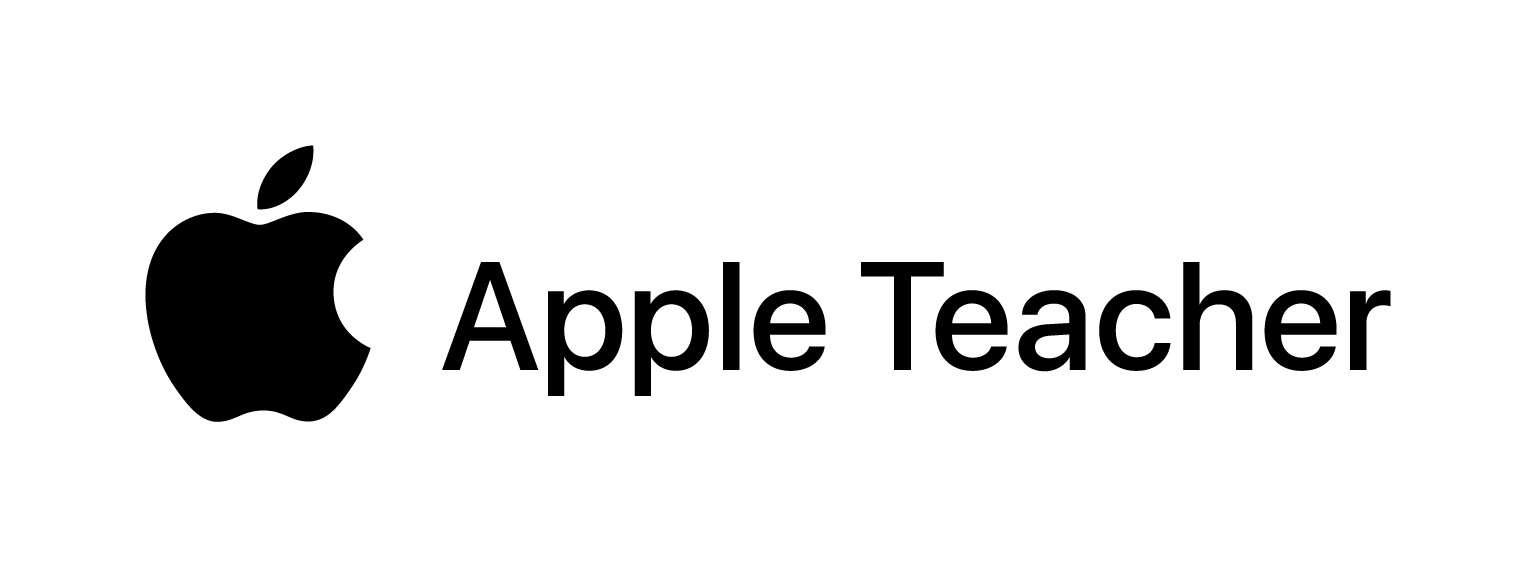 In 1991, the Dream Warriors released My Definition of a Boombastic Jazz Style. This post is ‘my definition’, my definition of Learning Analytics.
In 1991, the Dream Warriors released My Definition of a Boombastic Jazz Style. This post is ‘my definition’, my definition of Learning Analytics.
I first became interested in Learning Analytics (LAs) in 2013/14 when I was working on a student data project (http://wmed.co.uk) that I had entered in a couple of competitions (ed-invent and Jisc’s Summer of Student Innovation).
As a result of my involvement with Jisc, I was put in contact with Niall Sclater, who was running the Jisc project. I attended a number of LAs events (including giving a talk at the LACE SoLAR Flare event at the Open University in 2014 – click here), and even invited Niall to run some student focus groups at the University of Lincoln. If it wasn’t for my institution not being willing to pursue Learning Analytics, then I would have hoped to be rolling out the new Jisc service this summer.
But one thing has always sat awkwardly with me, and that is the name: Learning Analytics.
Definition of Learning Analytics
It can be defined as:
the measurement, collection, analysis and reporting of data about learners and their contexts, for purposes of understanding and optimizing learning and the environments in which it occurs
This definition derives from George Siemens’ (2011) Learning and Academic Analytics article where he describes different types of analytics, shown below:
| Type | Method | Level or Object of Analysis | Who Benefits |
|---|---|---|---|
| Learning Analytics | Educational data mining | – Course-level: social networks, conceptual development, discourse analysis, “intelligent curriculum” – Departmental: predictive modeling, patterns of success/failure | – Learners, faculty |
| Academic Analytics | Educational data mining | – Institutional: learner profiles, performance of academics, knowledge flow – Regional (state/provincial): comparisons between systems – National and International | – Administrators, funders, marketing teams – Funders, administrators – Governments, education authorities |
I think this is a really nice way to think about the different contexts and uses of students’ data. However, I still feel the terminology lacks some nuance.
Re-definition
I don’t think Learning Analytics is actually focussed on ‘learning’ – it is mainly looking at engagement, which is used as a proxy for learning. This is tenuous at best.
I would like to see Learning Analytics re-classified as two separate streams. I like the idea of Academic Analytics, but I would re-term it as Institutional or Organisational Analytics.
My definitions would be:
| Type | Object of analysis | Potential uses or benefits | Focus |
|---|---|---|---|
| Institutional analytics | Systems’ efficiency, Student satisfaction (NSS), DLHE, TEF | Intelligent campus, efficient library systems | Organisation |
| Learner analytics | Information about students behaviours, like interactions with VLE, online journals accessed, attendance | Predict success from previous analyses | Cohort |
| Learning analytics | Cognitive development of students. It would look at the learning that actually takes place | Intelligent and adaptive curricula, personalised learning | Individual |
As you can see, I am re-defining Learning Analytics as Learner Analytics as I don’t feel it currently looks at the learning process; it concentrates on the behaviours of the learner. In its place I have a new area that focuses on the cognitive processes.
I would anticipate that this re-classification of Learning Analytics would relate to the research of educational psychologists and neuroscientists, as it would focus on the data we can gather about the learning process.
What am I expecting? It has been over 5 years since Siemens published his definition, but this has been on my mind for so long that I felt I needed to put it ‘out there’. I am not expecting to change the name people are using, but it might help people think about ‘what’ analytics they are using.
I guess this post has become less about the Dream Warriors’ ‘My Definition’, but more about Blackstar’s Definition/RE:DEFinition.
References
- LACE (2014) FAQ: What are Learning Analytics? [Online] http://www.laceproject.eu/faqs/learning-analytics/
- Siemens, G. (2011) Learning and Academic Analytics [Online] http://www.learninganalytics.net/?p=131



Good observations, Elliott. I especially agree the learning analytics aren’t really measuring learning. I wrote a blog post about this a while back: http://bluecanarydata.com/three-dimensions-of-student-success/. I’m biased in that my career has been around using data/analytics to promote student success, so that guides my definition. Realistically, I don’t think there will ever be a satisfactory definition of learning analytics, but it’s conversations like these that help to further the state of the art. Thanks.
Mike Sharkey
Hi Mike,
Thanks. The term ‘Learning Analytics’ has been troubling me since I first heard it. I really like your framework; the three orthogonal axes provide a logical way of thinking about the student experience. I may have to use that in the future…
Please feel free to use it anytime. I really ought to slap a Creative Commons tag on that! 😉